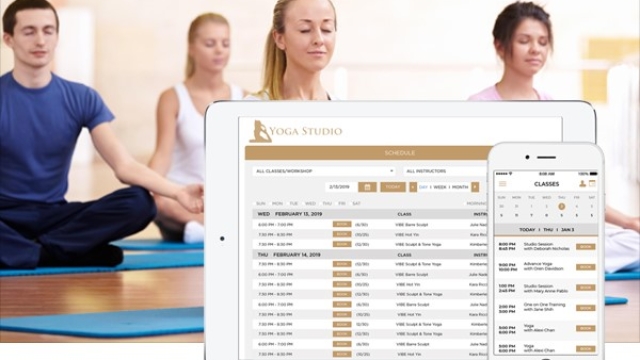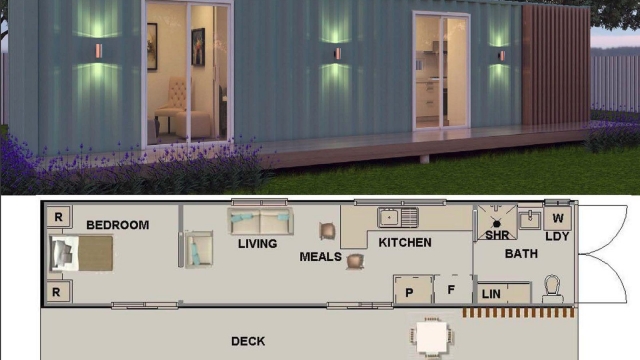Managing a studio and effectively handling clients can often feel like an art form, requiring careful coordination and a keen eye for detail. From keeping track of projects and deadlines to maintaining strong relationships with clients, it’s essential to have robust systems in place to ensure smooth operations. In this article, we will dive deep into the world of studio and client management, sharing insider tips and strategies to help you master this essential aspect of your creative business. Whether you’re a freelancer, business owner, or team leader, these insights will equip you with actionable tools to excel in both studio management and client satisfaction. So, let’s explore the key elements of CRM, studio management, invoicing, and client management, and uncover how they can contribute to your professional success.
Implementing a Powerful CRM System
To effectively manage your studio and clients, implementing a powerful Customer Relationship Management (CRM) system is essential. A CRM system allows you to streamline your communication and keep track of important interactions with your clients. By centralizing all client information and activities in one place, you can better understand their needs and deliver excellent service.
Investing in a robust CRM system can yield numerous benefits for your studio and client management. Firstly, it helps you organize and update client data efficiently. This includes contact information, project details, preferences, and any past communications. By having this information readily available, you can personalize your interactions and tailor your services to meet their unique requirements.
Additionally, a CRM system enables effective task and project management. You can set reminders for follow-ups, track deadlines, and allocate resources accordingly. This ensures that projects are executed smoothly and deadlines are met, thus enhancing client satisfaction.
Furthermore, a CRM system simplifies the invoicing process. You can easily generate and send professional invoices, track payments, and monitor outstanding balances. This not only saves time but also ensures timely payments, which is crucial for maintaining smooth cash flow.
Implementing a powerful CRM system is a significant step towards mastering the art of studio and client management. By centralizing client data, streamlining communication, and optimizing project management, you can enhance client satisfaction, improve efficiency, and cultivate strong long-term relationships.
###2. Streamlining Studio Management Processes

Learn MoreEfficient CRM Implementation:
Implementing a robust Customer Relationship Management (CRM) system is essential for streamlining studio management processes. A well-integrated CRM tool can help you centralize your client information, track communication history, and manage tasks efficiently. By utilizing the CRM effectively, you can gain valuable insights into your client base, identify opportunities for growth, and foster stronger customer relationships.Automating Invoicing and Billing:
Streamlining your studio’s financial processes is crucial to ensure smooth operations. By automating your invoicing and billing system, you can save time and reduce manual errors. Consider adopting software or tools that allow you to generate and send invoices with ease, track payment status, and automate reminders for overdue payments. Automating these processes not only improves efficiency but also improves cash flow management.Effective Client Communication:
Clear and timely communication with clients is key to successful client management. Make sure you have streamlined channels of communication in place, such as email, phone, or a client portal. Set expectations regarding response times and ensure prompt and professional interactions. Regularly update clients about project progress, provide accurate estimates, and address any concerns promptly. Effective client communication fosters trust and ensures a smooth studio-client relationship.
Remember, streamlining studio management processes is an ongoing effort. Continually assess your systems and processes, identify areas for improvement, and embrace technological advancements that can enhance efficiency. By implementing these strategies, you can master the art of studio and client management, ensuring a successful and thriving business.
3. Ensuring Smooth Client Communication
To ensure smooth client communication, it is essential to implement effective customer relationship management (CRM) systems. Such systems help organize and maintain client contact information, track client interactions, and streamline communication processes. By utilizing a CRM system, studio managers can stay on top of all client-related activities, ensuring nothing slips through the cracks.
Additionally, clear and concise communication is key when interacting with clients. Responding promptly to client inquiries and addressing their concerns in a timely manner builds trust and enhances the overall client experience. Studio managers should prioritize active listening to fully understand client needs and expectations, which helps to establish effective communication channels.
Furthermore, creating a seamless invoicing and payment process is crucial for maintaining positive client relationships. By implementing user-friendly invoicing systems and offering multiple payment methods, studio managers can simplify the billing process and minimize any inconvenience for clients. Sending timely and accurate invoices reinforces the professionalism of the studio and fosters trust with clients.
In conclusion, establishing effective client communication practices is essential for successful studio and client management. By utilizing CRM systems, prioritizing clear communication, and ensuring a seamless invoicing process, studio managers can enhance client satisfaction and build long-term relationships.




